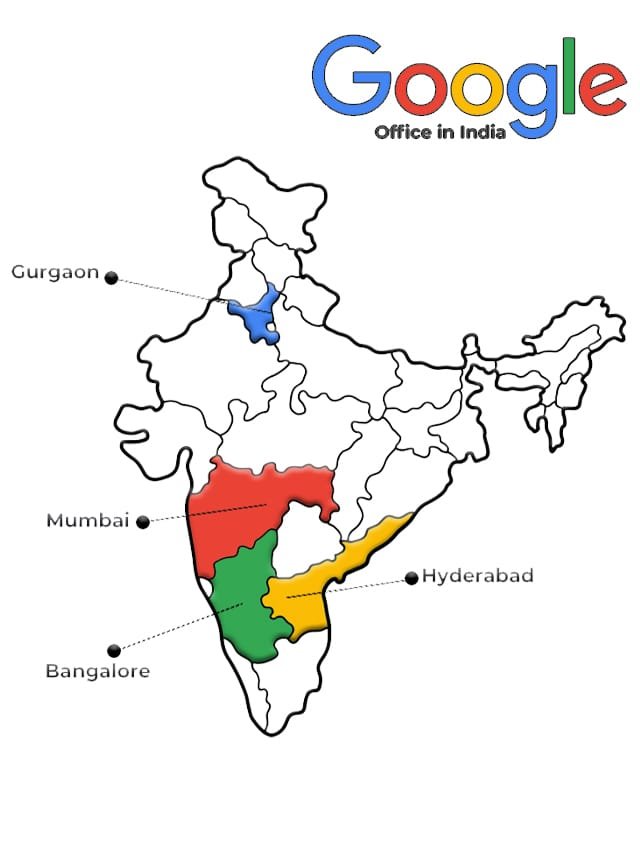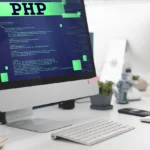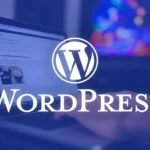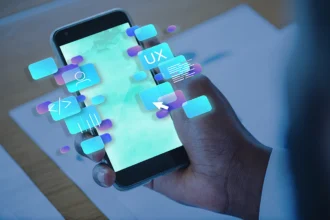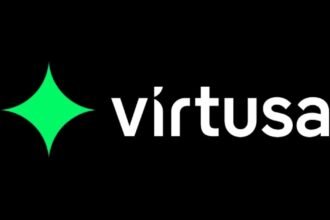Are you ready to dive into the world of programming but unsure where to start? Or perhaps you’ve heard about .NET programming and are curious to know more? Well, you’ve come to the right place! This comprehensive guide will walk you through everything beginners should know about .NET programming. Whether you’re looking to understand the basics, explore the .NET framework, or get tips on learning .NET, we’ve got you covered.
What is .NET Programming?
.NET programming is a powerful framework developed by Microsoft that allows developers to build a wide range of applications, from web to mobile to desktop. But what makes it so special, and why should you consider learning .NET?
Key Features of .NET
- Language Interoperability: .NET supports multiple programming languages such as C#, VB.NET, and F#. This means you can use the language you’re most comfortable with.
- Unified Framework: Whether you’re developing a web app, a desktop app, or a mobile app, you can use the same .NET framework.
- Large Class Library: .NET provides a vast library of pre-built classes that can save you a lot of time and effort.
- Robust Security: Security is a top priority in .NET, with features such as code access security and validation.
Why Learn .NET?
- High Demand: .NET developers are in high demand, and learning .NET can open up numerous job opportunities.
- Versatility: With .NET, you can develop a wide range of applications, making it a versatile skill to have.
- Community Support: There is a large community of .NET developers, which means you’ll have plenty of resources and support as you learn.
Getting Started with .NET
Install Visual Studio
To start programming with .NET, you’ll need to install Visual Studio, a comprehensive integrated development environment (IDE) from Microsoft. Here’s how to get started:
- Download Visual Studio: Visit the official Visual Studio website and download the version that suits your needs.
- Install Visual Studio: Follow the installation instructions, making sure to select the .NET workload.
- Create a New Project: Open Visual Studio, click on “Create a new project,” and select a .NET template to start coding.
Understanding the .NET Framework
The .NET framework is the foundation of .NET programming. It provides a comprehensive set of tools and libraries to build and run applications. Here are some key components:
- Common Language Runtime (CLR): This is the execution engine for .NET applications, providing services such as memory management and exception handling.
- Base Class Library (BCL): A vast collection of reusable classes and functions that you can use in your applications.
- ASP.NET: A framework for building web applications and services.
- Windows Forms and WPF: Tools for building desktop applications with rich user interfaces.
Basic .NET Programming Concepts
Before you start coding, it’s essential to understand some basic concepts in .NET programming:
- Variables and Data Types: Learn how to declare and use variables, and understand the different data types available in .NET.
- Control Structures: Familiarize yourself with control structures such as if-else statements, loops, and switch cases.
- Object-Oriented Programming (OOP): Understand the principles of OOP, including classes, objects, inheritance, and polymorphism.
- Exception Handling: Learn how to handle errors and exceptions in your code to make it robust and reliable.
Learning .NET Libraries
.NET libraries are collections of pre-written code that you can use to perform common tasks. Here are some essential libraries for beginners:
- System.Collections: Provides classes for managing collections of objects, such as lists, dictionaries, and queues.
- System.IO: Contains classes for handling input and output operations, such as reading from and writing to files.
- System.Net: Provides classes for working with network protocols and services.
- Entity Framework: An object-relational mapper (ORM) for working with databases in .NET.
Programming Tips for Beginners
- Start with the Basics: Focus on understanding the fundamental concepts before diving into more advanced topics.
- Practice Regularly: The best way to learn programming is by doing. Write code regularly to reinforce your learning.
- Join a Community: Participate in online forums and communities to get help, share your knowledge, and stay motivated.
- Work on Projects: Apply your skills to real-world projects to gain practical experience and build your portfolio.
RAED MORE : PHP Coding Tips for Web Development Success
READ MORE : Machine Learning Tips for Aspiring Data Scientists
Frequently Asked Questions (FAQs)
Q1: What is the difference between .NET Core and .NET Framework? A1: .NET Core is a cross-platform, open-source version of .NET, while .NET Framework is the traditional, Windows-only version. .NET Core is now part of the unified .NET 5 and later releases.
Q2: Do I need to know C# to learn .NET? A2: While C# is the most commonly used language for .NET development, you can also use other languages such as VB.NET and F#. However, learning C# is highly recommended as it has extensive support and resources.
Q3: Can I build mobile applications with .NET? A3: Yes, you can use Xamarin, a part of the .NET ecosystem, to build cross-platform mobile applications for iOS and Android.
Q4: Is .NET suitable for web development? A4: Absolutely! ASP.NET is a robust framework within .NET for building web applications and services.
Q5: How long does it take to learn .NET? A5: The time it takes to learn .NET depends on your prior programming experience and the amount of time you can dedicate to learning. With consistent effort, you can grasp the basics within a few months.
Conclusion
Dot NET programming offers a versatile and powerful framework for building a wide range of applications. By learning .NET, you open yourself up to numerous job opportunities and become part of a large, supportive community of developers. Start with the basics, practice regularly, and don’t hesitate to seek help from the community.
Thank you for reading! If you found this article helpful, consider joining CourseBhai through social media, push notifications, and newsletters to get instant updates on learning, courses, jobs, internships, scholarships, and apprenticeships. Happy coding





